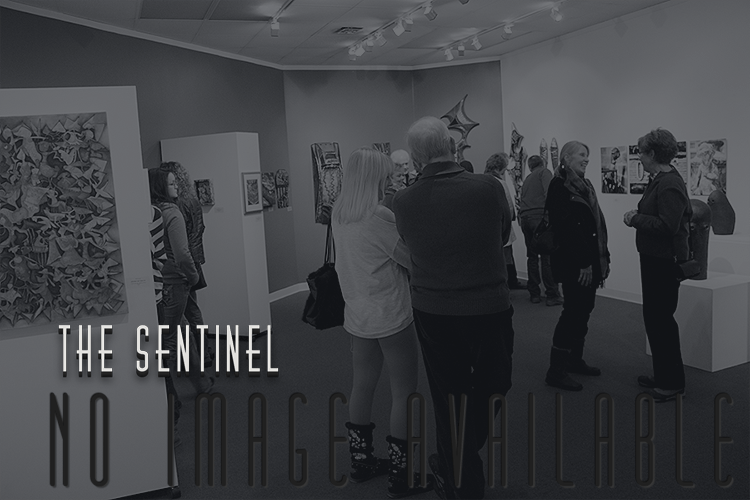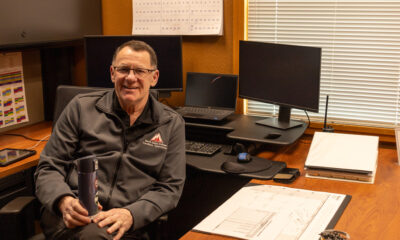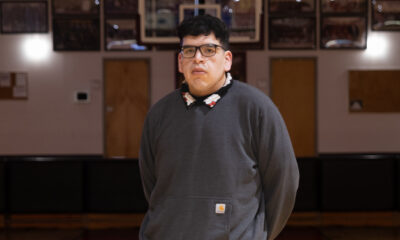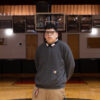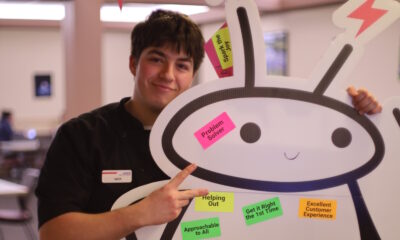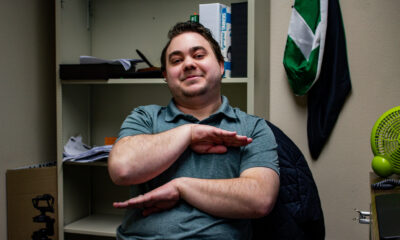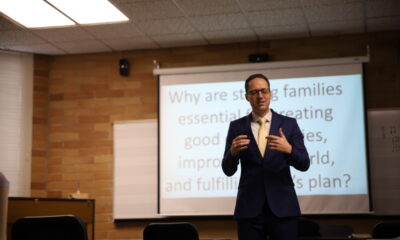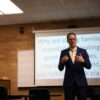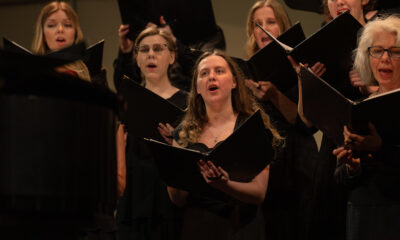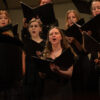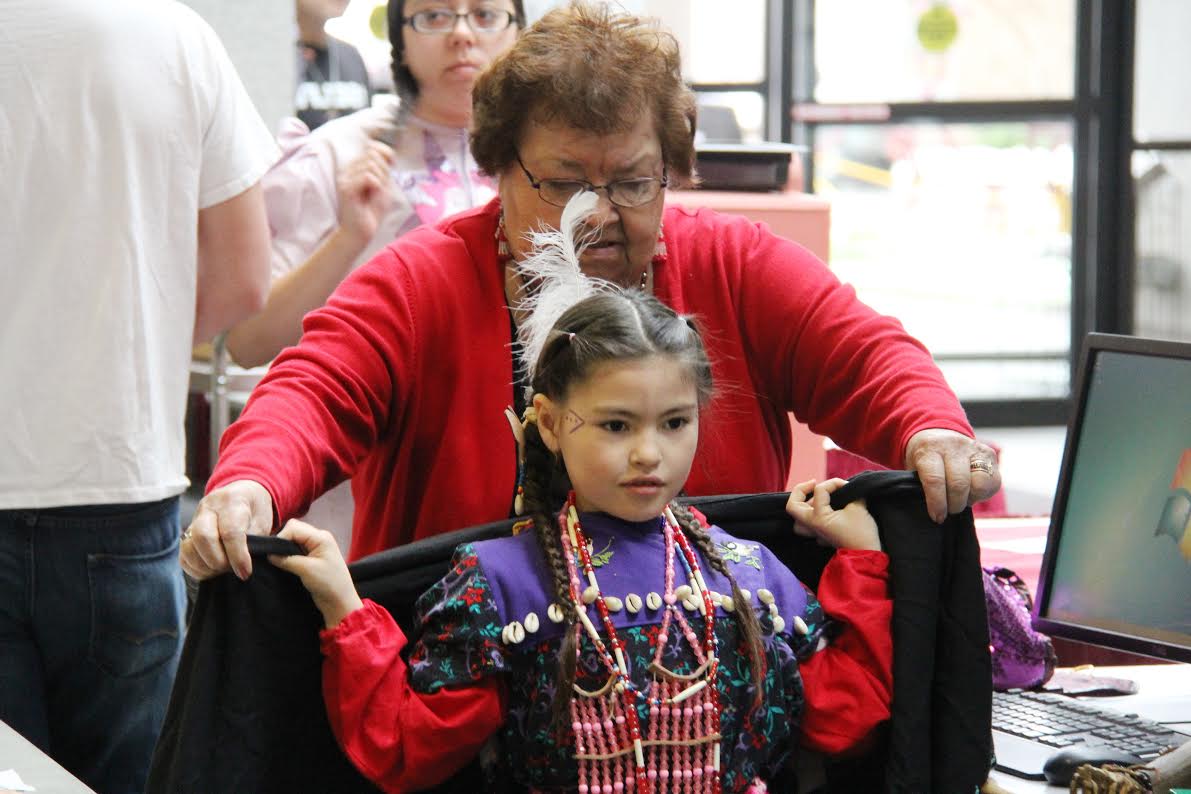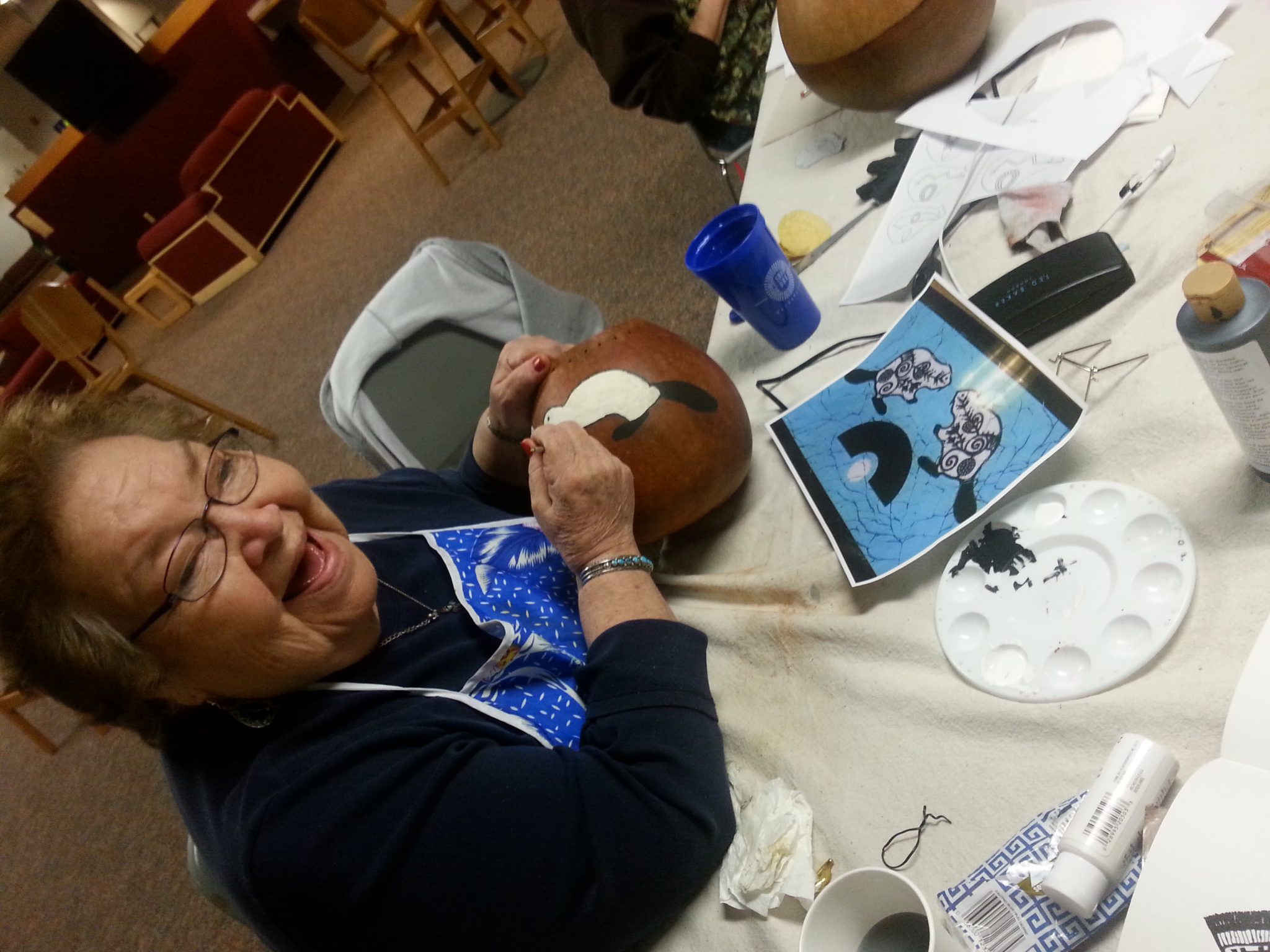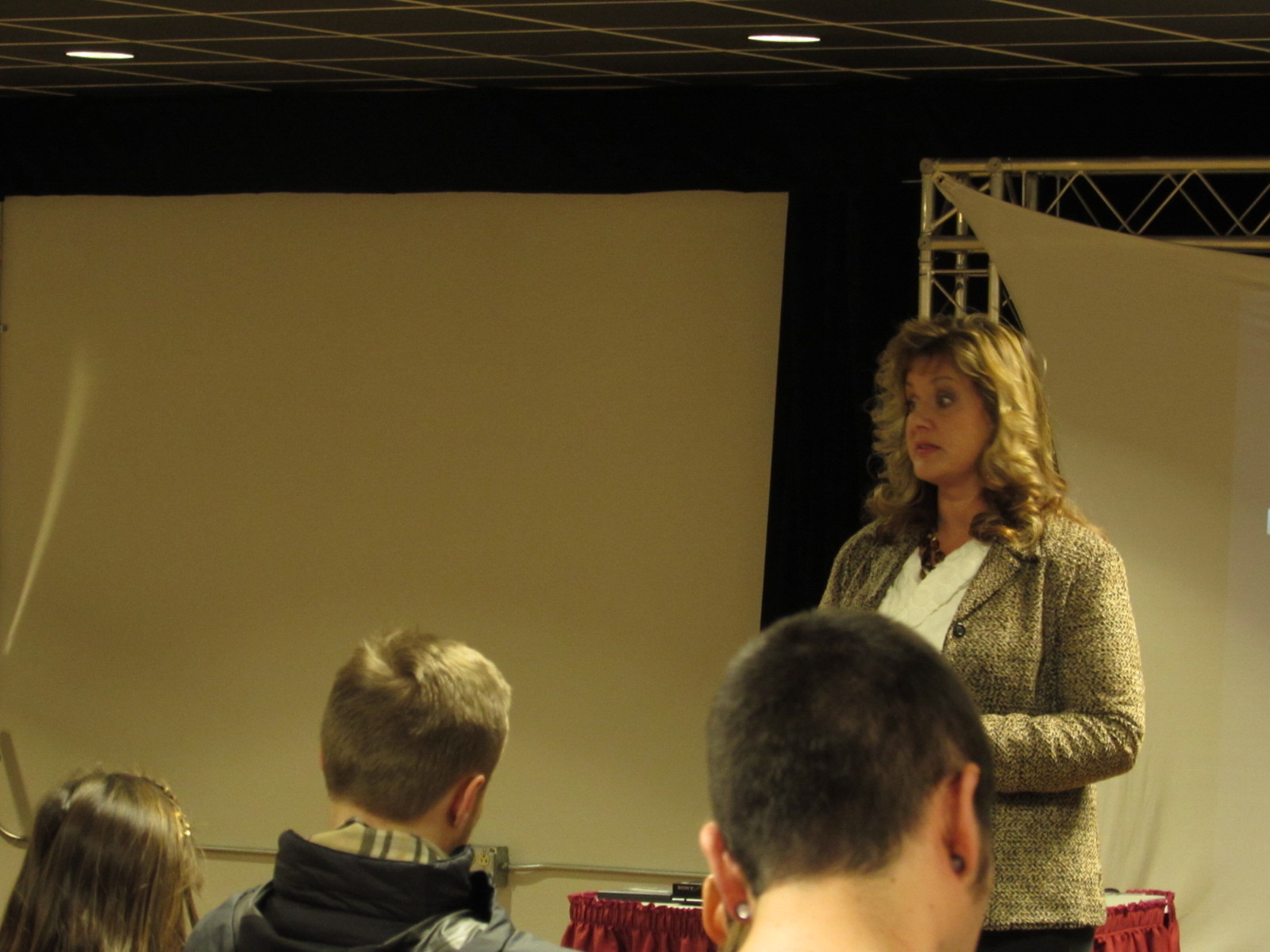Despite the heat, students, alumni and community members combed Yapqui’nm Beach for debris Sept. 8 as part of the American Indian Student Alliance’s annual beach cleanup.
The cleanup was initiated by NIC alumnus and former AISA president Jason Smith. According to Smith, the cleanup is designed both to benefit the beach and to demonstrate what the Coeur d’Alene Tribe is doing to clean up the lake and watershed in the area. The cleanup was a non-profit event, and the club offered free food and drinks to community members who helped out.
“We’re just trying to show what our club is about,” said AISA Vice President Joshua Moses, 30, business, Spokane, Washington.
The club will also sponsor the Che’nshish Golf Scramble Sept. 28 at the Circling Raven Golf Course, featuring a golf tournament, a silent auction and a raffle drawing. Raffle prizes will include a one-night stay at the Silver Reef Hotel and Casino, Silverwood passes, a pair of tickets to a Spokane Chiefs game, and more. Raffle tickets are $1 per ticket, or $6 for five tickets, and can be purchased through the AISA.
Proceeds from the golf scramble will benefit the Che’nshish Scholarship for enrolled tribal members and descendents attending NIC. Since its inception in 2010, the scholarship fund has accrued around $35,000, and the club hopes to add even more this year, fulfilling the promise of its name: In the Coeur d’Alene language, “che’nshish” means “to assist, provide for and give to others.”
Moses said the AISA isn’t just for Native Americans.
“It’s for all races,” he said. “We welcome all. I think the most important thing is to let people know that we’re here to help.”
For NIC alumnus Antonia Bancroft, the American Indian Student Alliance provided a sort of second family for her when she moved to Coeur d’Alene.
“Being born and raised on a reservation, I was used to being around people who share the same values and viewpoints on life,” Bancroft said, “so when I first came up here, I totally did not expect to be the minority. I was the majority back home and everyone was just like me. Coming up here and being surrounded by non-Natives was quite a culture shock for me.”
But that changed when she joined the AISA. Bancroft said that people like Smith, Melting Tallow and the other club members offered support that reminded her of home—of her family.
“If you want that community and to be around people who share the same things, it’s a great club,” Bancroft said. “It’s just like relatives. [The club members] all kind of become relatives. If someone wants that kind of connection, it’s a great way to get involved in the community.”
It’s that same sense of community that drew Cheyenne Meshell to the club.
“It makes me want to do more and work harder, knowing that there are other Native students out there like me, trying to do the same thing,” said Meshell, 23, American Indian studies, Worley, Idaho. “When you think you can’t do it, the club pushes you and encourages you. They take care of you. They help you with anything you need. They’re here for you and believe in you.”
